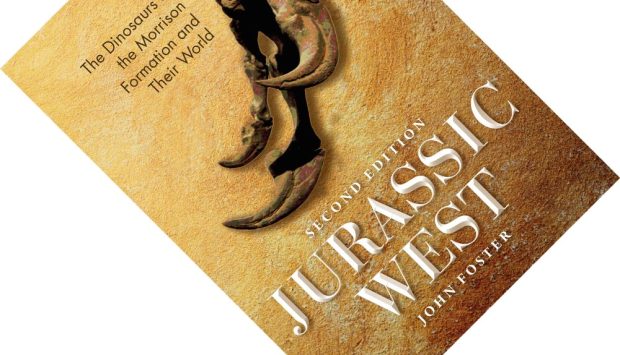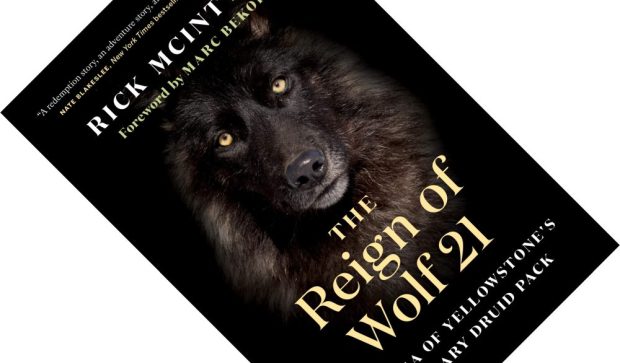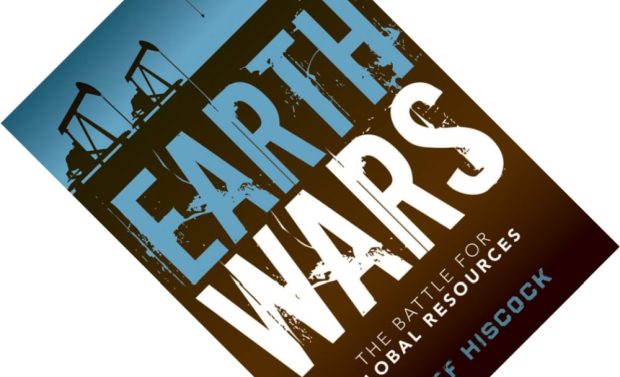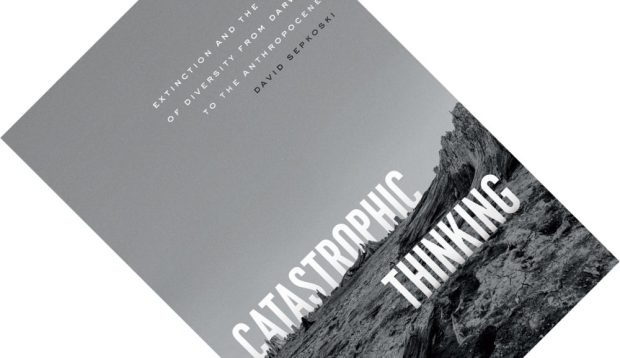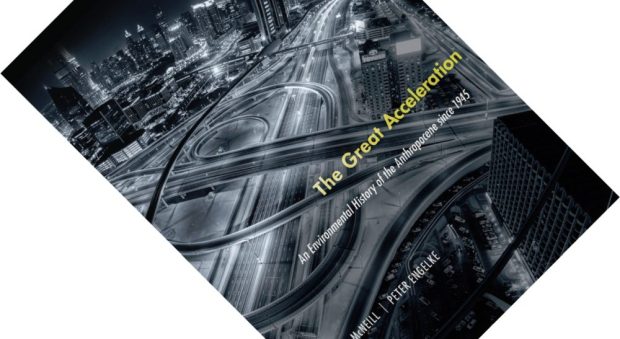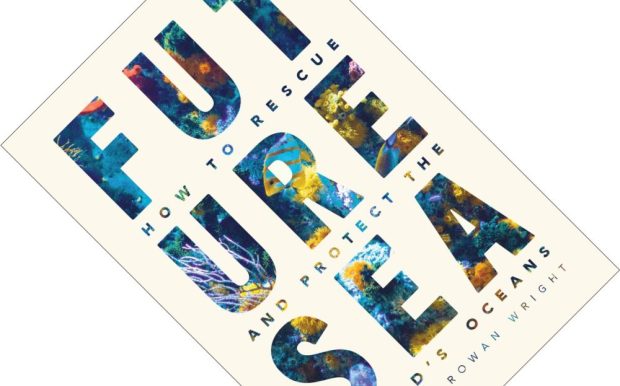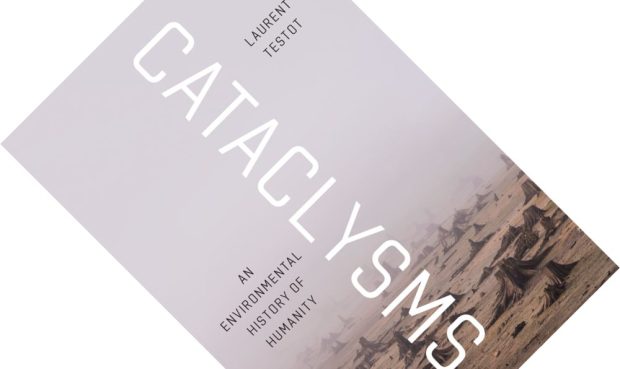6-minute read
Most people might not quite realise this, but our picture of dinosaurs and other prehistoric life is largely based on a small number of very-well researched fossil localities. The Morrison Formation in the American Southwest is one example, offering a window on life during the end of the Jurassic, between 157 and 150 million years ago. Published 13 years after the 2007 first edition, the second edition of Jurassic West updates you on the latest findings and the many taxonomical advances and stands out for just how readable and comprehensive it is.

